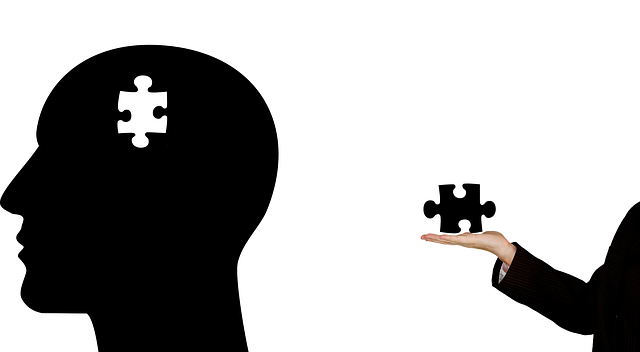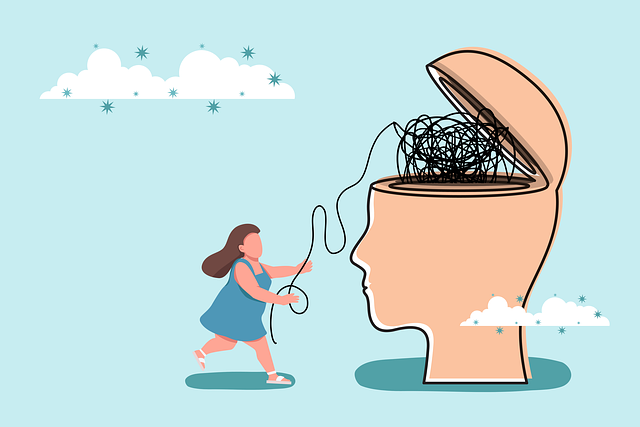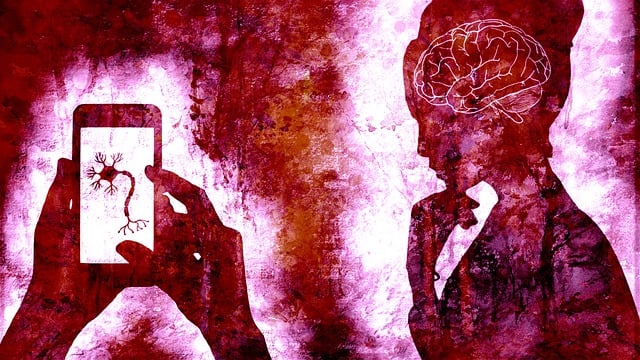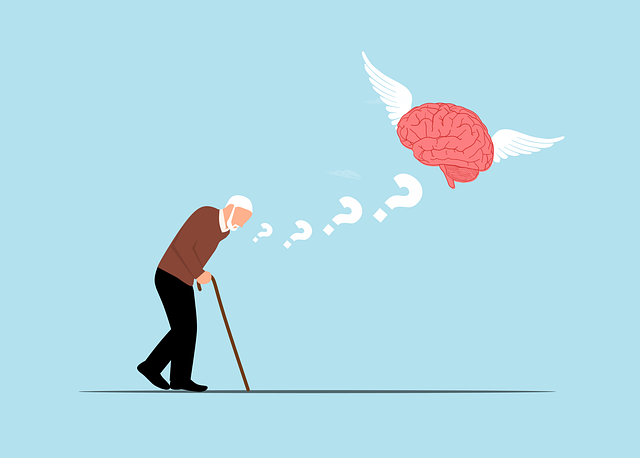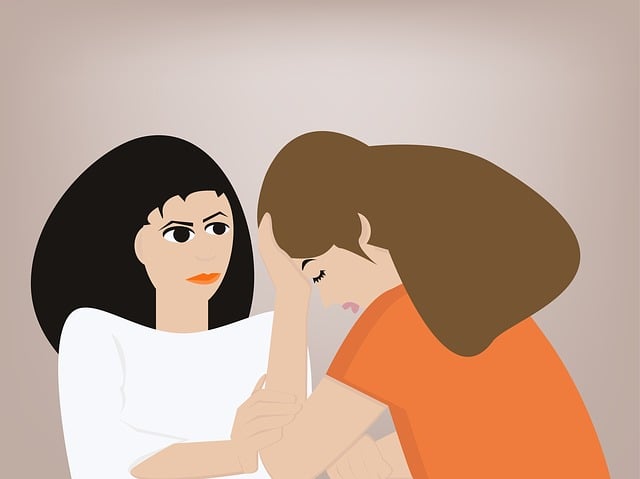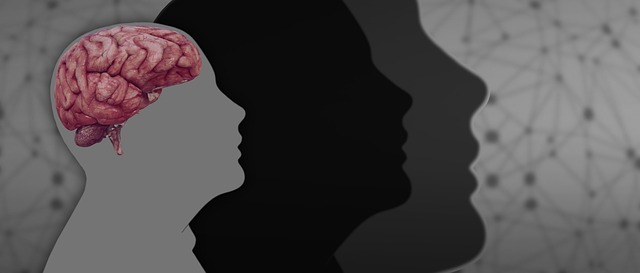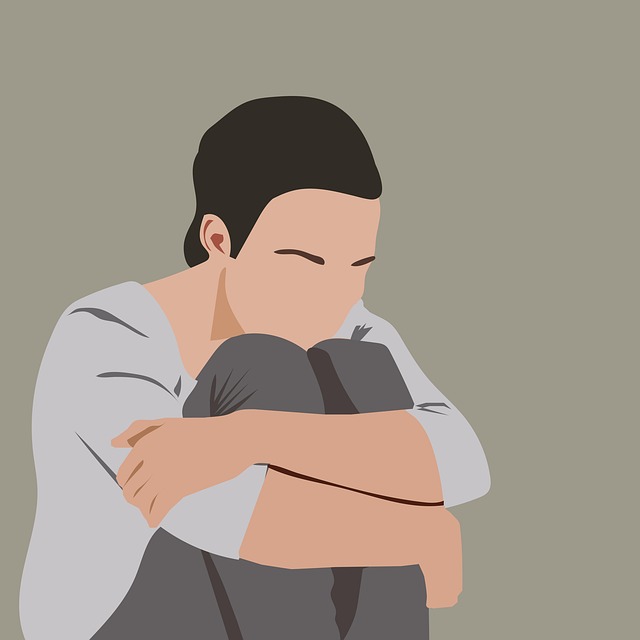In today's diverse Boulder community, cultural sensitivity is paramount for effective Boulder Couples Counseling Therapy (BCCT). Mental health professionals must understand clients' ethnic backgrounds, beliefs, and identity expressions to build trust and adapt their approaches. By recognizing cultural factors, BCCT can offer tailored care, empowering couples from various backgrounds to explore mental health openly. This involves navigating sensitive topics like race, gender, and sexual orientation through training and open dialogue, creating safe spaces for self-expression and progress. Ongoing education, self-reflection, and cultural awareness are key to providing personalized support that respects unique heritages, ultimately improving mental healthcare outcomes in a diverse community.
“In an increasingly diverse society, cultural sensitivity in mental healthcare is no longer a choice but an essential practice. This comprehensive guide explores how cultural diversity impacts mental health and why cultural competence is vital for effective therapy. We delve into the challenges faced by providers and present practical strategies to enhance culturally responsive care.
Through real-world case studies, including successful implementations of Boulder Couples Counseling Therapy, this article offers insights into navigating cultural differences and providing inclusive, effective treatment.”
- Understanding Cultural Diversity and Its Impact on Mental Health
- The Role of Cultural Sensitivity in Effective Therapy
- Challenges in Providing Culturally Responsive Care
- Strategies for Incorporating Cultural Competence in Practice
- Case Studies: Successful Cultural Sensitivity in Boulder Couples Counseling Therapy
Understanding Cultural Diversity and Its Impact on Mental Health

In today’s diverse society, mental healthcare professionals must embrace cultural sensitivity to provide effective treatment. Understanding cultural diversity goes beyond recognizing different ethnic backgrounds; it involves comprehending the unique beliefs, values, and expressions of identity that shape individuals’ experiences of mental health and well-being. This awareness is crucial for building trust and fostering meaningful connections with clients from various cultural backgrounds, including those seeking Boulder Couples Counseling Therapy.
Cultural factors can significantly influence how individuals manifest and express mental health issues, seek help, and respond to treatment. For instance, some cultures may prioritize collective over individual experiences, impacting disclosure and treatment preferences. Others might have specific rituals or practices for healing and stress management, such as those offered by the Stress Management Workshops Organization or Resilience Building programs. By acknowledging these differences, healthcare providers can adapt their approaches, ensuring culturally responsive care that supports clients in overcoming challenges and preventing burnout, a common issue among healthcare professionals.
The Role of Cultural Sensitivity in Effective Therapy

In the realm of mental healthcare, cultural sensitivity is a game-changer, especially in diverse communities like Boulder, where couples counseling therapy thrives. Effective therapy goes beyond mere technical expertise; it demands an understanding and appreciation for the intricate web of cultural influences that shape individuals’ lives and relationships. By incorporating cultural awareness, therapists in Boulder Couples Counseling Therapy can create a safe space for clients to explore their unique experiences, fostering open communication and deeper insights into their emotional well-being.
This sensitivity involves recognizing and respecting different cultural norms, values, and beliefs surrounding mental health. For instance, some cultures may view depression as a personal weakness, while others see it through a more collective lens, influenced by community dynamics. Therapists who are culturally sensitive can adapt self-awareness exercises and self-care practices to address these varying perspectives, promoting healing and preventing issues like depression. This approach not only enhances the therapeutic process but also ensures that clients from diverse backgrounds receive tailored care, ultimately strengthening the bond between therapist and client.
Challenges in Providing Culturally Responsive Care

Providing culturally responsive care presents unique challenges for mental healthcare providers, particularly in diverse communities like Boulder, where couples counseling therapy is in high demand. Understanding cultural nuances and incorporating them into therapeutic practices requires a delicate balance. One of the primary obstacles is the potential for unintentional bias, as healthcare providers may carry their own cultural lenses, which can influence their interactions with clients from different backgrounds. This bias can lead to miscommunication or misinterpretation of client needs, preferences, and expressions of distress.
Additionally, navigating sensitive topics related to culture, race, gender, or sexual orientation demands careful consideration. Healthcare Provider Cultural Competency Training becomes essential in equipping professionals with the knowledge and skills to address these issues effectively. Techniques for conflict resolution are valuable tools to facilitate open dialogue while fostering a safe space for clients to explore their cultural identities and mental wellness. Moreover, offering guidance on Mental Wellness Journaling Exercises can empower individuals to articulate their experiences and track progress, thereby enhancing the therapeutic process.
Strategies for Incorporating Cultural Competence in Practice

Incorporating cultural competence into mental healthcare practice is essential for providing effective and sensitive support to a diverse range of clients. At Boulder Couples Counseling Therapy, therapists can enhance their approach by engaging in ongoing self-reflection and education about different cultural backgrounds and beliefs. This includes learning about the specific communities they serve, understanding implicit biases, and developing cultural awareness. By fostering emotional intelligence, therapists can create a safe and non-judgmental space, encouraging open communication.
Additionally, integrating crisis intervention guidance tailored to diverse cultures is vital. This involves recognizing and respecting unique coping mechanisms and problem-solving strategies. For example, some cultures may prioritize collective support systems or specific ritualistic practices for stress reduction methods. Therapists should be adept at adapting their interventions while maintaining ethical boundaries, ensuring every client receives personalized care that resonates with their cultural identity.
Case Studies: Successful Cultural Sensitivity in Boulder Couples Counseling Therapy

In the realm of mental healthcare, cultural sensitivity is a game-changer, especially in diverse communities like Boulder. The Boulder Couples Counseling Therapy (BCCT) approach exemplifies successful cultural integration through tailored, empathetic care. By prioritizing Mental Health Awareness, BCCT goes beyond traditional practices to create safe spaces where couples from various ethnic backgrounds can openly discuss their challenges and build resilience together.
This unique therapy model not only enhances Coping Skills Development but also fosters deeper understanding among partners. Through case studies, it’s evident that BCCT’s cultural sensitivity approach promotes trust, ensuring each couple receives personalized support that respects and celebrates their unique heritage. Such tailored interventions are pivotal in addressing the specific needs of Boulder’s diverse population, ultimately improving mental healthcare outcomes.
Cultural sensitivity is a cornerstone of effective mental healthcare, as evidenced by successful practices like Boulder Couples Counseling Therapy. By understanding cultural diversity and its impact on mental health, professionals can foster inclusive environments that enhance therapeutic outcomes. Overcoming challenges through strategies that promote cultural competence is essential for providing responsive care tailored to diverse client needs. Embracing these principles not only improves individual healing but also strengthens the overall mental healthcare system’s ability to serve a diverse population.

